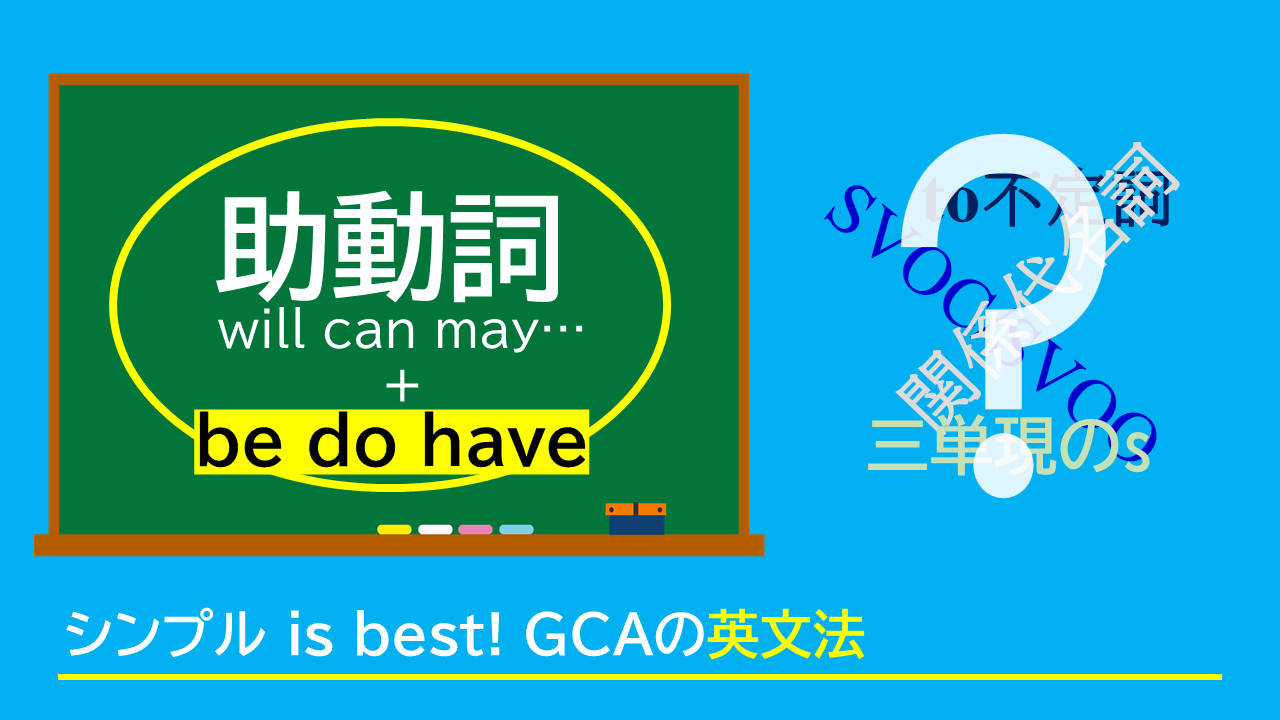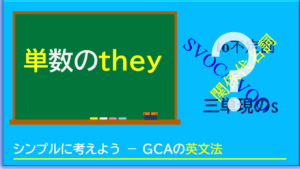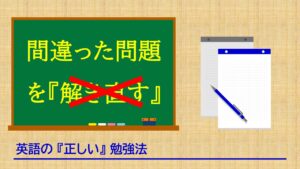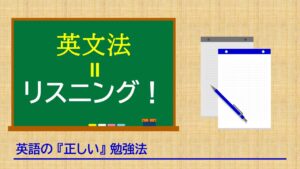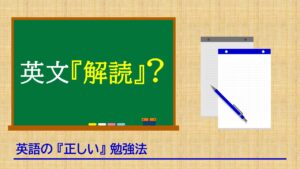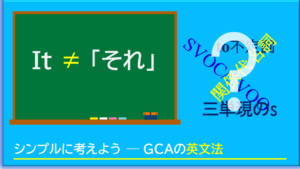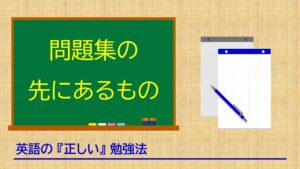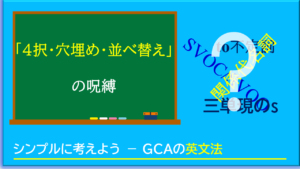福岡市天神の英語専門塾GCA・代表のグッチャンです。おなじみの動詞 be/do/have。実は助動詞として使われていることが結構多いことをきちんと認識していますか?
『いわゆる』助動詞の will / can / may…
いわゆる助動詞というと、will(would) / can(could) / may(might) / shall(should) / must などを思い浮かべますよね。
*これらの助動詞を専門的には「法助動詞」と呼びますが、もちろん覚える必要はありません。
ところが実は、一般動詞の文を疑問文にするときに加える do(does/did)、現在進行形で使う be、受動態(受け身)で使う be、完了形で使う have も助動詞です。
そう理解することで、英文の仕組みがスッキリ理解できるのです。
まずいわゆる助動詞の復習をしましょう。最初に習う can。
They can play soccer.
否定文にするときは助動詞の後に not を加えて…
They cannot play soccer.
疑問文にするときは助動詞を主語の前に出して…
Can they play soccer?
となります。もう一度整理すると…
———————–
They can play soccer.
They cannot play soccer.
Can they play soccer?
-Yes, they can.
-No, they cannot.
———————–
他の助動詞 will や may、must などでもまったく同じパターンですね。
『実は』助動詞の be / do / have
be+~ing、つまり進行形の文もまったく同じパターンで変形します。
———————–
They are playing soccer.
They are not playing soccer.
Are they playing soccer?
-Yes, they are.
-No, they are not.
———————–
受動態(受け身形)も…
———————–
Soccer is played.
Soccer is not played.
Is soccer played?
-Yes, it is.
-No, it is not.
———————–
現在完了形も…
———————–
They have played soccer.
They have not played soccer.
Have they played soccer?
-Yes, they have.
-No, they have not.
———————–
述語動詞が原形のままか分詞に変化するかの違いはありますが、be や have が can などのいわゆる助動詞とまったく同じパターンで使われていますね。要するに、これらの be / have は助動詞なのです。
『隠れている』助動詞 do / does / did
最後に do(does/did) です…
They play soccer.
They do not play soccer.
Do they play soccer?
これまでの例とは様子が違いますね。この do は一体どこから出てきたのでしょうか。
実は…
———————–
They (do) play soccer.
They do not play soccer.
Do they play soccer?
-Yes, they do.
-No, they do not.
———————–
肯定文でも動詞の前に do が隠されていたんですね。助動詞 do だけは省略できるのです。
だから、
They do play soccer.
でも文法的にまったく問題ありません。高校で例外事項として習う「強調の助動詞 do」ですね。
does についても…
———————–
He plays soccer.
He does not play soccer.
Does he play soccer?
-Yes, he does.
-No, he does not.
———————–
does はどこに隠れているでしょう…
はい,ここですね。
He (does) play soccer.
もちろん,He does play soccer. も正しい文です。
didの場合…
———————–
He played soccer.
He did not play soccer.
Did he play soccer?
-Yes, he did.
-No, he did not.
———————–
もうわかりますね。もともとの形は…
He did play soccer. です。
もし不規則変化の動詞で過去形がわからないときは、動詞の原形に助動詞 did を加えるだけでも、文として成り立つのです。
まとめます:
———————–
(They play soccer.)
They do play soccer.
They do not play soccer.
Do they play soccer?
-Yes, they do.
-No, they do not.
———————–
(He plays soccer.)
He does play soccer.
He does not play soccer.
Does he play soccer?
-Yes, he does.
-No, he does not.
———————–
(He played soccer.)
He did play soccer.
He did not play soccer.
Did he play soccer?
-Yes, he did.
-No, he did not.
———————–
ここに挙げた文法事項を中学校で最初に学習するとき、
「◯◯を加えて動詞は原形(あるいは-ing形/過去分詞)に」
「助動詞の後は必ず原形」
…と、別々のルールとして理解していたと思います。
ひと通りの文法を学習し終えたら、このようにbe /do/haveも助動詞として捉え直すことで英文法の本質に近づくことができます。中学英語のアンラーニング(別記事参照)の第一歩です。
もちろん意欲のある中学生には、最初からこの枠組みで学習することを強くお勧めします(実際,授業でこう教えている中学校もあります)。そうすることで、Are you play soccer? といった初心者によくある間違いも防げますし、高校英語で文法用語の洪水になったときも混乱しません。


